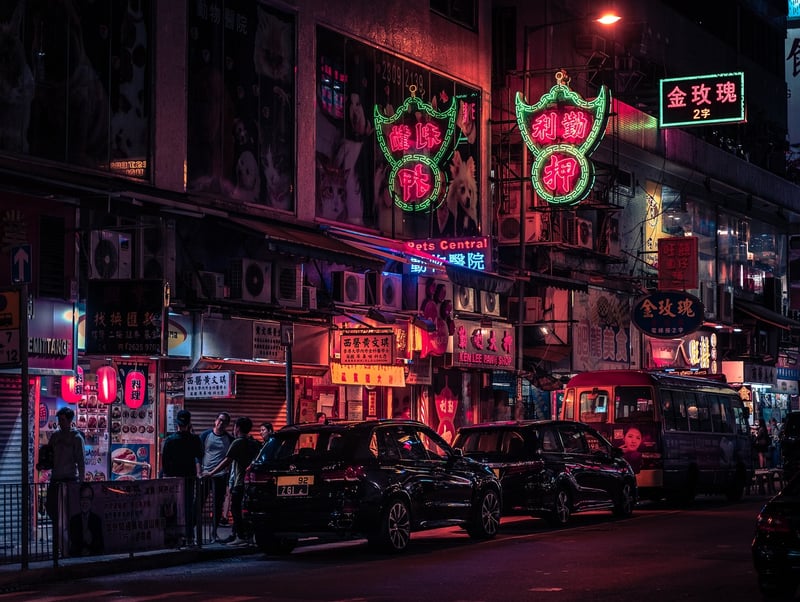Dystopian Worlds
Exploring Different Eras Through Dystopian Worlds
Dystopian literature has long been a captivating genre that allows readers to delve into alternate realities shaped by societal, political, and environmental upheavals. Through the lens of dystopian worlds, authors explore different eras and offer poignant reflections on our present and potential futures.
Ancient Civilizations:
Some dystopian narratives are set in ancient civilizations, where oppressive rulers, societal divisions, or environmental catastrophes create bleak and harrowing landscapes. Authors reimagine historical eras such as the Roman Empire, ancient Egypt, or Mesopotamia through a dystopian lens, shedding light on power dynamics and human resilience.

Industrial Revolution:
The Industrial Revolution marked a significant turning point in history, transforming societies through technological advancements and urbanization. Dystopian narratives set during this era often explore the dehumanizing effects of industrialization, class disparities, and environmental degradation, offering cautionary tales about unchecked progress.

Modern Times:
In contemporary dystopian literature, authors envision worlds plagued by authoritarian regimes, surveillance states, or ecological collapse. These narratives reflect current societal challenges such as political unrest, technological dependency, and climate change, urging readers to contemplate the consequences of inaction and complacency.

Future Speculations:
Looking ahead, dystopian fiction offers glimpses into potential futures shaped by AI dominance, genetic engineering, or post-apocalyptic scenarios. By extrapolating current trends and technologies to their extremes, authors provoke thought on ethics, human identity, and the fragility of civilization in an ever-evolving world.

Exploring different eras through dystopian worlds provides a unique opportunity to reflect on the past, present, and future through a speculative and imaginative lens. Whether revisiting ancient civilizations or contemplating future technologies, dystopian literature continues to captivate readers with its thought-provoking narratives and cautionary tales.
Expand your reading horizons and embark on a journey through the dystopian landscapes of different eras to gain new perspectives on the complexities of human societies and the resilience of the human spirit.
